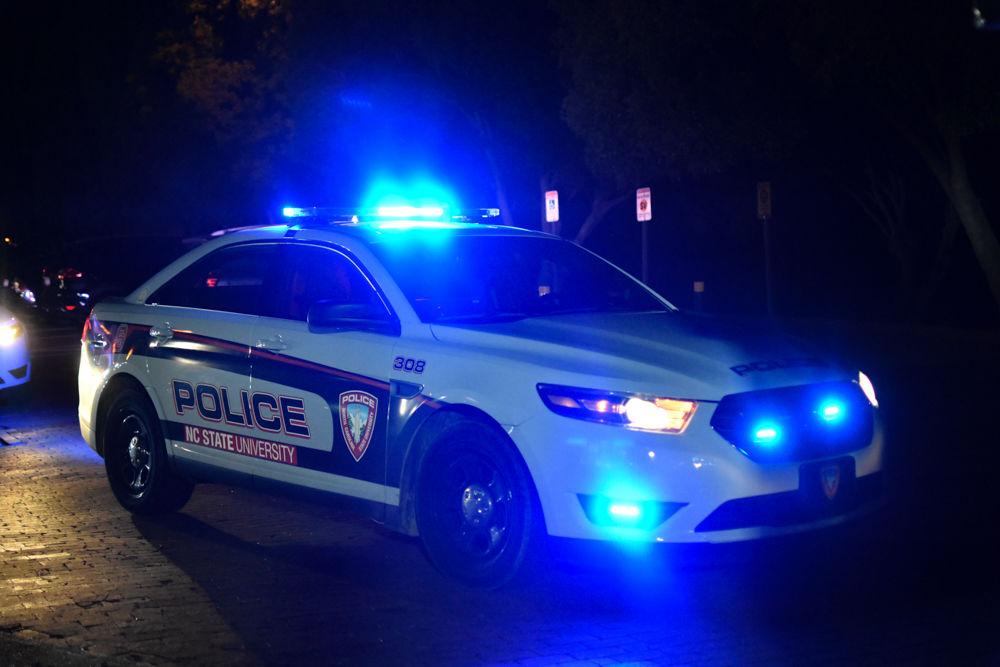The NC State University Police Department’s Annual Security and Fire Safety Report offered safety tips and reported nothing out of the ordinary, according to NC State police’s Major Ian Kendrick.
The report covers statistics from 2016 to 2018. There was a decrease in instances of burglary and on-campus arrests for liquor law violations but an increase in drug abuse violations.
Statistics from both the Center for Marine Sciences and Technology and the NC State study abroad location in Prague were added to this year’s report. Events covered by the data include robbery and liquor law violations, both on campus and in the surrounding area.
Additionally, the report offered safety tips and recommended preventative measures to avoid crime. Instructions for reporting criminal incidents and information on various safety training sessions were also included in the report.
Joella Franzen, a second-year studying political science, received training in many areas before becoming a resident advisor.
“I definitely think the most important training that I got was my Question, Persuade, and Refer (QPR) training, which is the suicide [prevention] training,” Franzen said. “To have a technique and literally an equation to follow when that situation arises was helpful, because it gives me a plan.”
Suicide prevention training is not mentioned in the report, but training programs for fire prevention are covered.
In recent years, the campus police department has begun using WolfAlert, an electronic method for keeping students and staff aware of threats on campus.
The report covers WolfAlert extensively, going over its purposes and methods for disseminating relevant information to the campus at large. Messages through WolfAlert can come in many forms, including over email, text messaging, social media and an on-campus app.
WolfAlert can also inform campus residents of situations involving building evacuations or shelters-in-place, both of which are covered in the report, or nonthreatening information which may affect day-to-day operation of the university.
“It’s our opportunity not only to inform the campus community of what’s happened but also offer our suggestions on how [people can] protect themselves or maybe avoid an area so they don’t become a victim of a crime,” Kendrick said.








